T4K3.news
UK bioethanol plants shut down
Hull's Vivergo to close by year end after rescue funding rejection, heightening concerns over CO2 supply and farming markets.
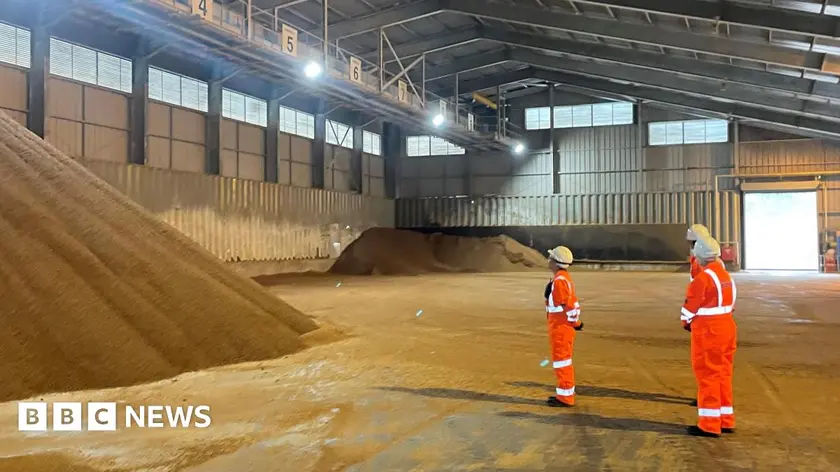
Hull based Vivergo will close with demolition planned by year end as the government rejects a rescue package, prompting questions about CO2 supply and agricultural markets.
UK bioethanol plants shut down after rescue rejection
Hull based Vivergo will begin a shutdown that sees all staff leave and the site prepared for demolition by the end of the year. The Redcar Teesside plant owned by Ensus is waiting to learn if the government will fund CO2 production to protect its use in industry, food, and healthcare. Vivergo had planned to capture CO2 from its process but had not started. Ben Hackett, Vivergo’s managing director, called the decision a massive blow to Hull and the Humber and said the government treats the bioethanol sector as something that can be traded away, a flagrant act of economic self harm. The shutdown would also affect suppliers and customers, and UK farmers could struggle to find buyers for non food grade wheat, the company warned. Andrew Symes, chief executive of OXCCU, warned that the closure would leave the UK reliant on imports for CO2 and ethanol, a risk not fully appreciated in the Trade deal. The government said the decision was in the national interest and that the tariff agreement with the US had protected hundreds of thousands of jobs in sectors like auto and aerospace. It added it would support the companies through the closure and work on long term CO2 resilience. Charlotte Brumpton-Childs, GMB National Officer, pressed the need for a green industrial strategy that delivers green jobs in the UK, arguing that a commitment to green policies must be paired with plant protection.
Key Takeaways
"massive blow to Hull and the Humber"
Hackett described the decision
"a flagrant act of economic self-harm"
Hackett described government action
"The closure would make the UK reliant on imports for CO2 and ethanol"
Symes warned of risks
"A clean energy industrial strategy means nothing if we cannot protect plants long enough to deliver clean energy jobs here in the UK"
Brumpton-Childs commentary
The closure shows how political and economic signals can collide with industrial needs. A policy mind shift appears to put short term fiscal choices ahead of energy resilience, even as CO2 and ethanol supply underpin many industries. The government frames the move as a national interest decision, but critics warn it could ripple through farming, manufacturing, and regional economies. This is less a single plant story than a test of Britain’s willingness to protect critical supply chains within a green transition.
Highlights
- massive blow to Hull and the Humber
- a flagrant act of economic self-harm
- The closure would make the UK reliant on imports for CO2 and ethanol
- A clean energy industrial strategy means nothing if we cannot protect plants long enough to deliver clean energy jobs here in the UK
budget and political risk to energy resilience
The decision highlights potential budgetary constraints and political signaling that could affect the UK’s ability to maintain critical energy inputs. It raises questions about regional economic impact and public reaction to reduced industrial support.
Policy makers must weigh climate ambitions against the steadying hand of industrial resilience.
Enjoyed this? Let your friends know!
Related News
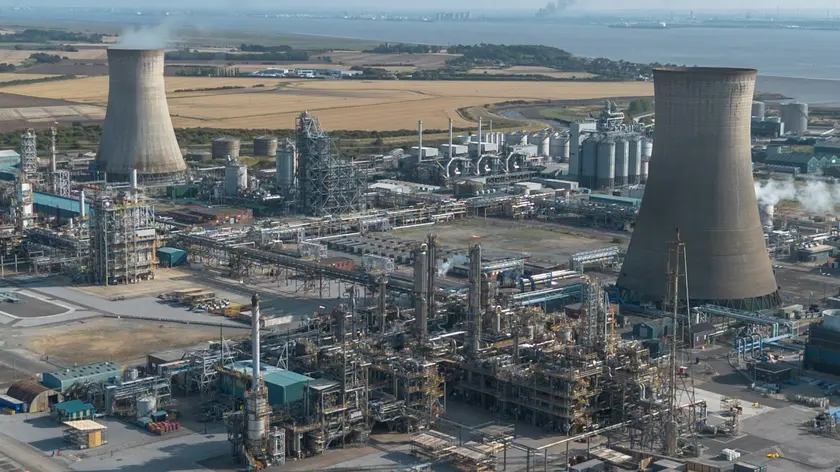
Bioethanol plant closure in Hull
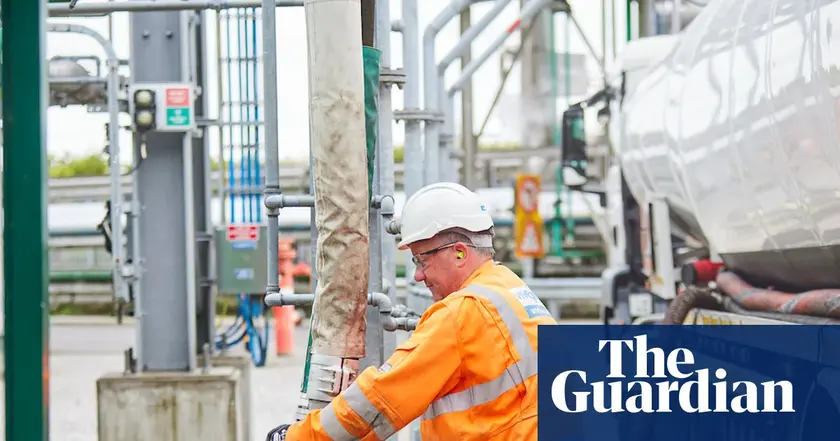
Vivergo closure signals shift in UK clean fuel policy
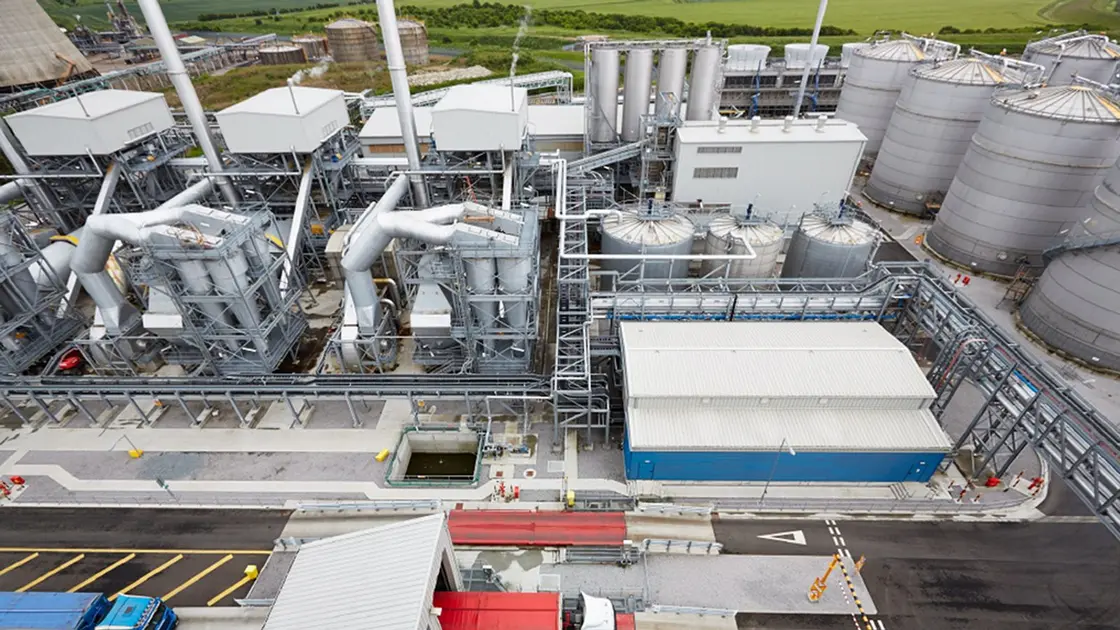
Bioethanol plant to close in Lincolnshire
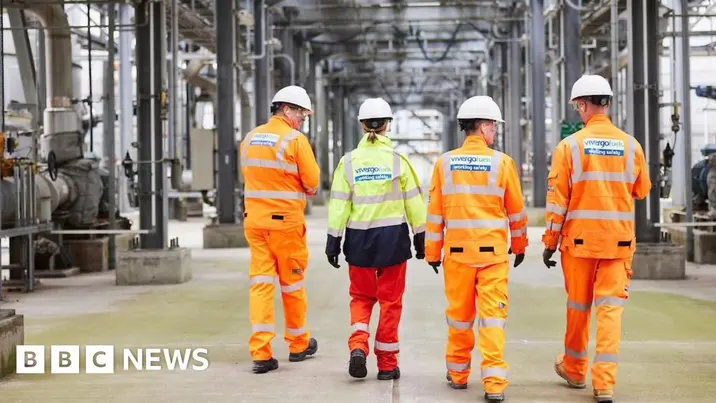
Bioethanol plants face closure
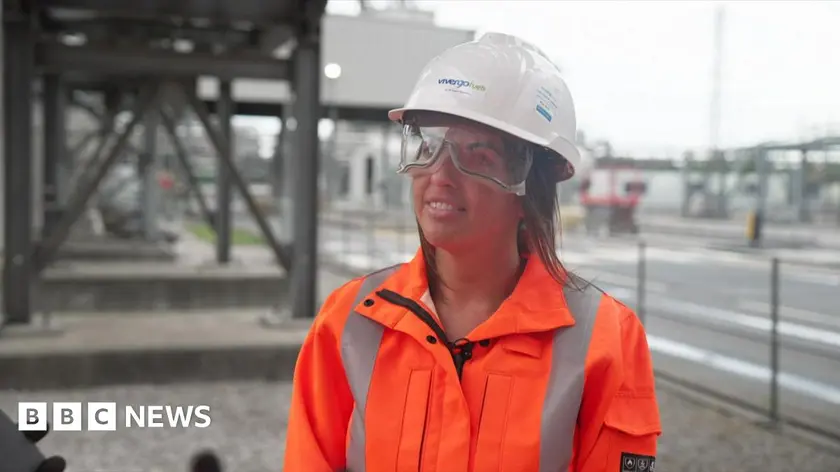
Vivergo Fuels plant goes into crisis mode after final wheat delivery
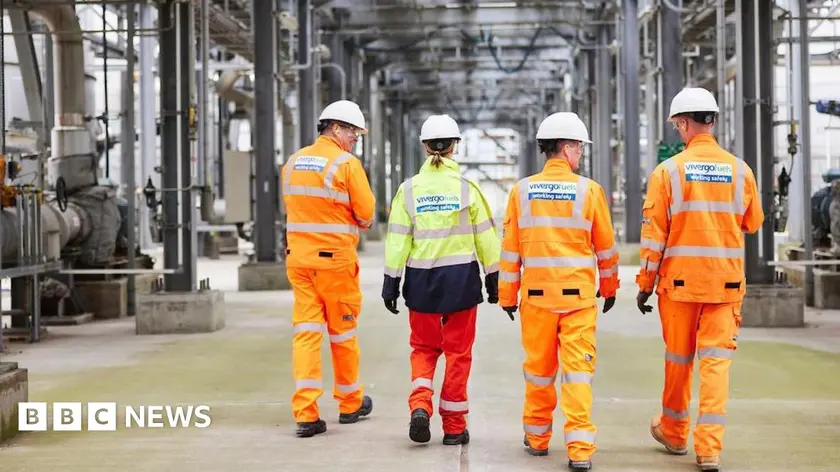
UK bioethanol plants face collapse
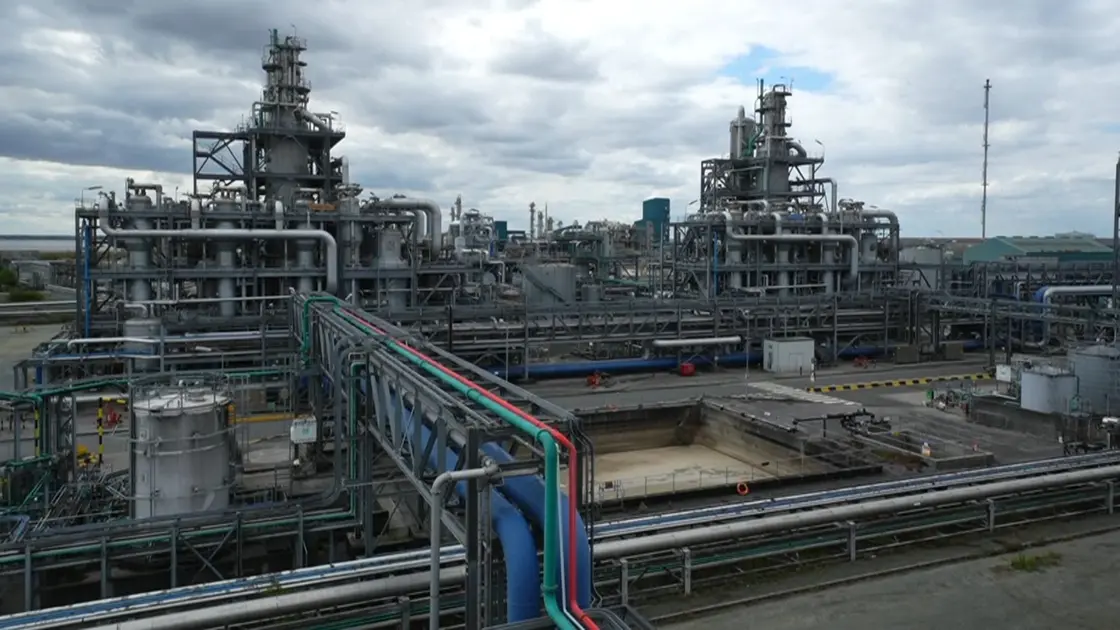
Hull bioethanol plant at risk
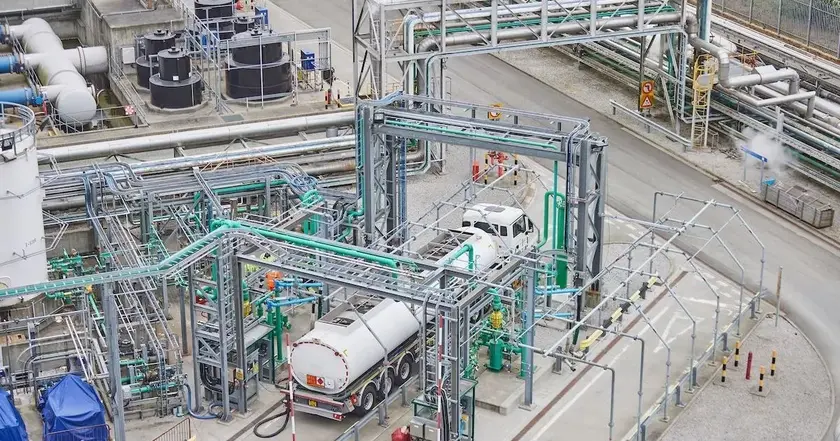
No rescue for Vivergo Fuels
